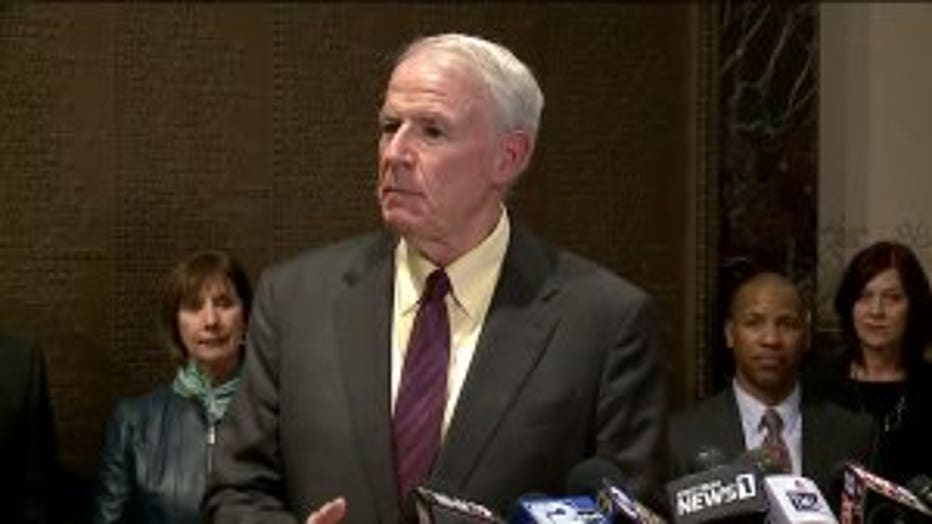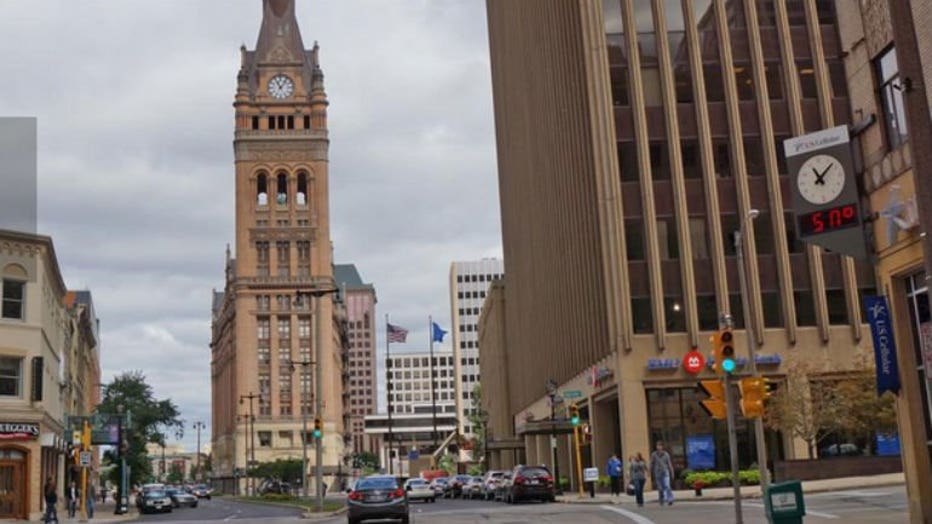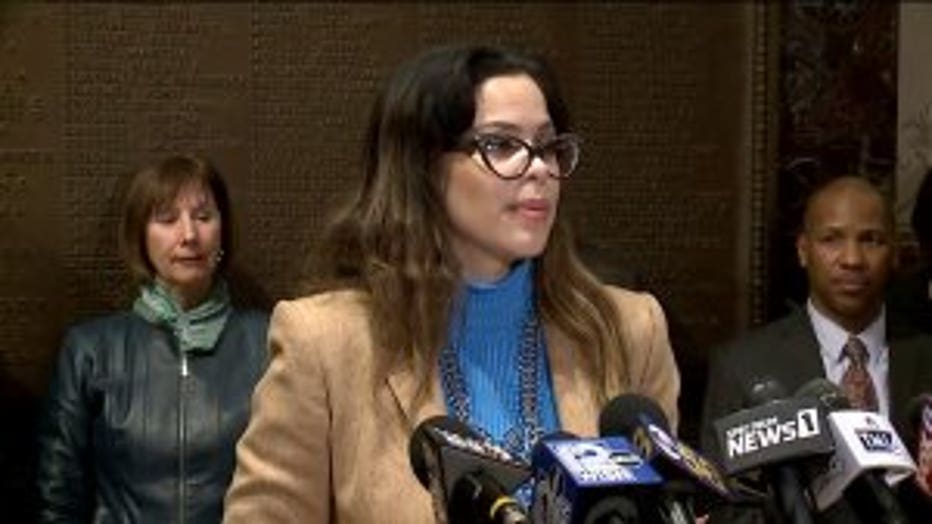'Working around the clock:' Milwaukee officials preparing for coronavirus cases, more tests
MILWAUKEE -- City of Milwaukee health officials said in an address Thursday, March 12 that there will not be mandatory school or business closures due to coronavirus at this time.
While not mandating closures, the city echoed the state's call for any event involving 250 people or more to be canceled as a way to prevent the community spread of the virus. Though Milwaukee does not have any confirmed cases, officials are planning for what to do not if, but when a case is confirmed.

Tom Barrett
"I would like to believe that we will never get a case here, but talking to the individuals behind me, I am convinced we are not going to get, not just one case, but we are going to get many cases here," Milwaukee Mayor Tom Barrett said.
Barrett, flanked by leaders of area health systems, pressed home the seriousness the country is facing, and that the city is doing everything in its power to prepare for when a COVID-19 case is confirmed in the city.
"Rather than waiting until that happens, we have, over the last several weeks now, been working around the clock to determine how we are going to respond to this," said Barrett.
Preparation includes looking at ways to offer more flexible testing when demand increases as not to overwhelm healthcare providers.
"Right now demand is not great, but we know the demand is going to increase and that's something we want to be ready for," Barrett said.

If positive cases balloon, healthcare systems have available beds for patients who could face higher mortality rates -- like the elderly or those with underlying conditions.
"This is a challenge unlike many, if not all of us, have ever faced. But what we're going to do is we're going to continue to work together, and we're going to try to make sure we are bringing the response that the people of our community need," said Barrett.
City health officials urged people who believe they have COVID-19 symptoms -- a high fever of around 100.4 degrees or more and respiratory distress -- to call their primary healthcare provider or urgent care.

Jeanette Kowalik
"We're really stressing that individuals do not go to emergency rooms or departments," Milwaukee Health Commissioner Jeanette Kowalik said. "Not just showing up, that way they're preventing the spread in clinic settings, which is very important."
The head of the Milwaukee Health Department lab said it has so far tested between 25 and 30 specimens and that the process is being streamlined to make it more efficient, fast and cost-effective. However, he said he anticipates more cases to come.

